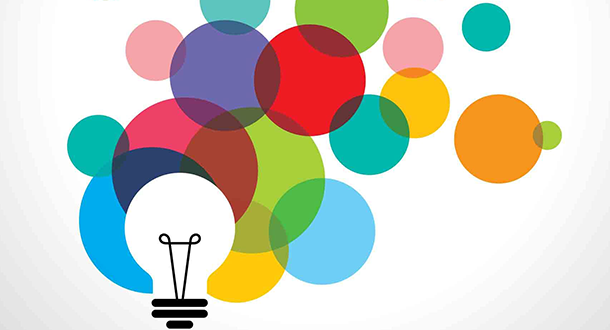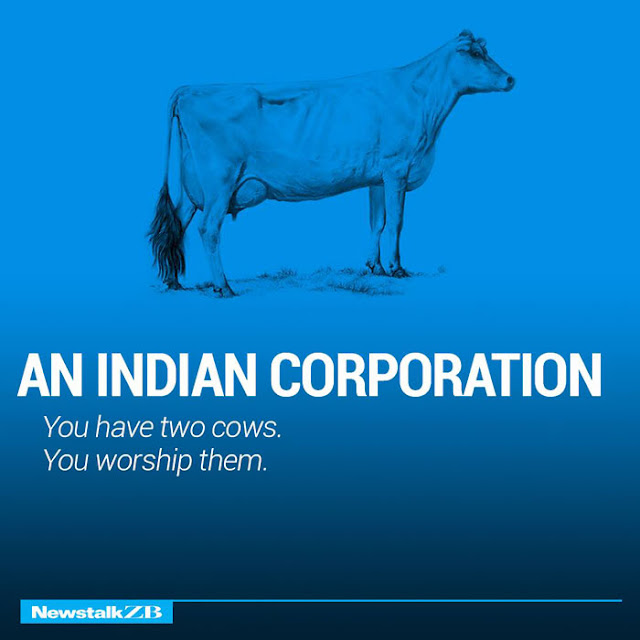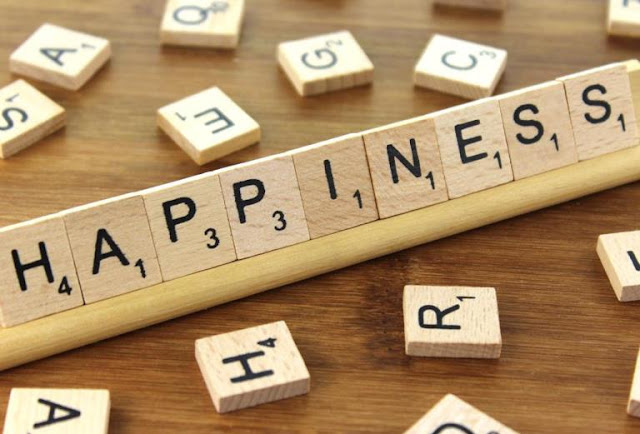Microcredentials: Stale wine, broken bottles?

To understand the state of new imagination in Higher Ed, it's best to look at the recent buzz around microcredentials. Touted to be the next big thing - after what? MOOCs? - this is one big non-event that everyone is talking about. Ask anyone in the academia why microcredentials is such a great thing, the answer will focus on the 'micro' part rather than the 'credential' part. That it is short - less than one course credit - is supposed to be the exciting part. It seems that the universities, until now, did not notice that people learned, whether there was a course credit for it or not. Therefore, this is like Columbus' 'discovery' of America: It did not matter that some people lived there already! Perhaps it indeed is like Columbus' discovery: It is not about creating a space but claiming it for oneself! It is a defensive rather than an innovative move for the academia. There is a growing chasm between what the people need to learn - primarily due...














